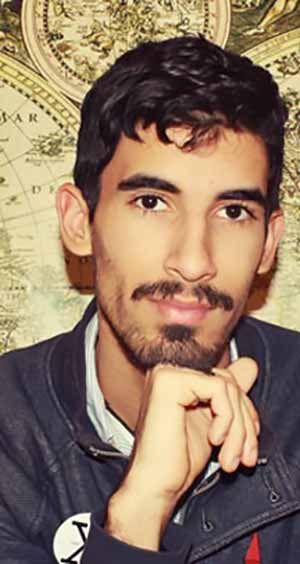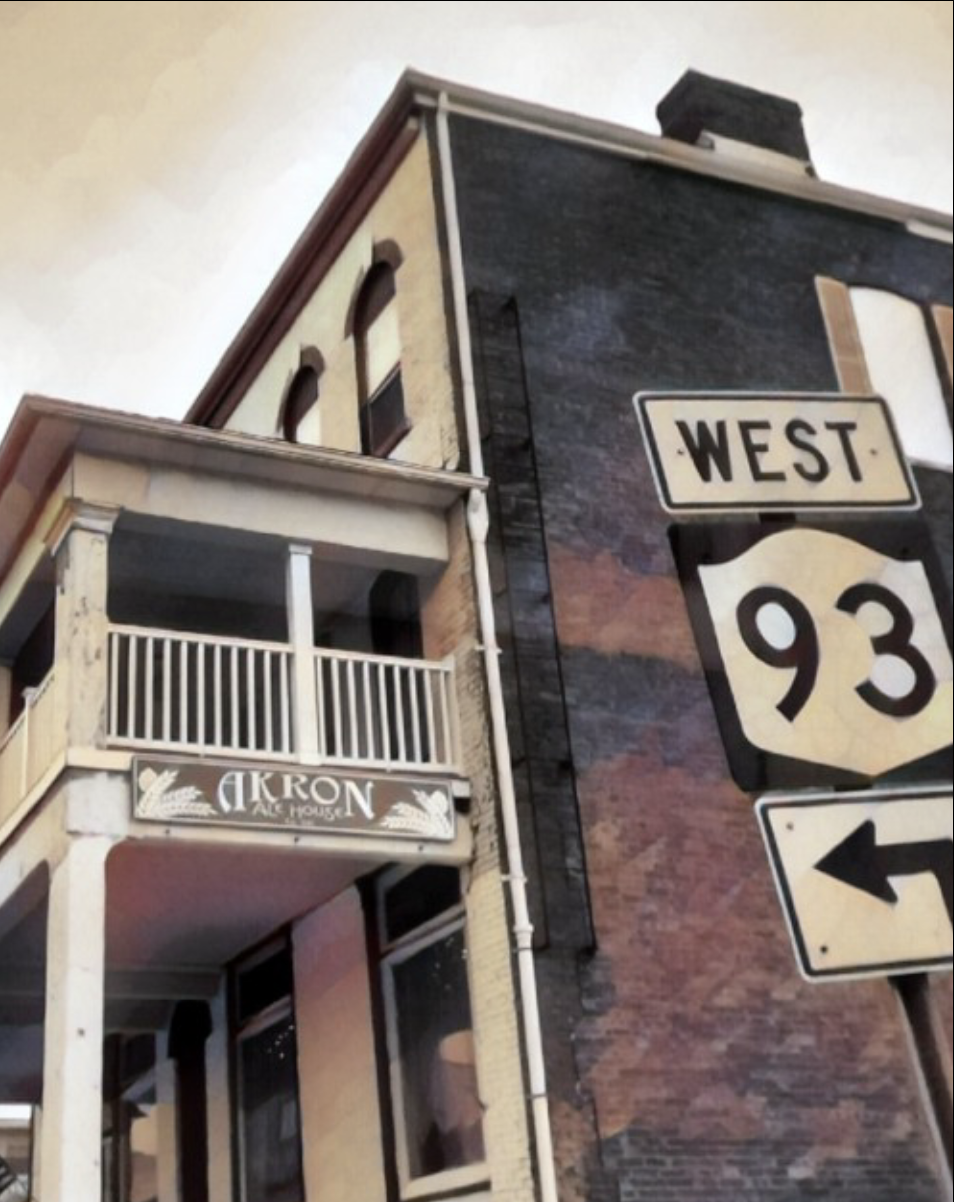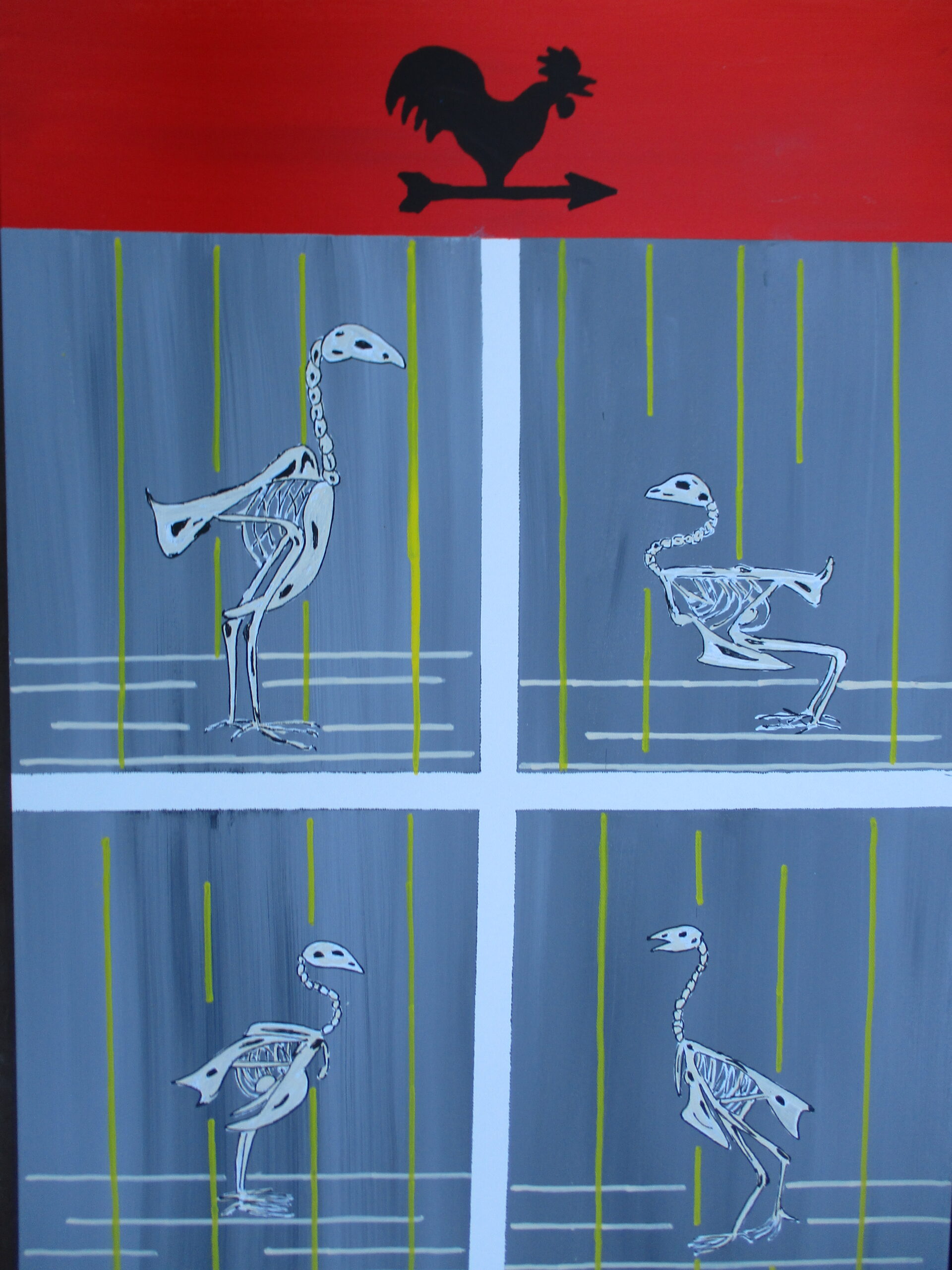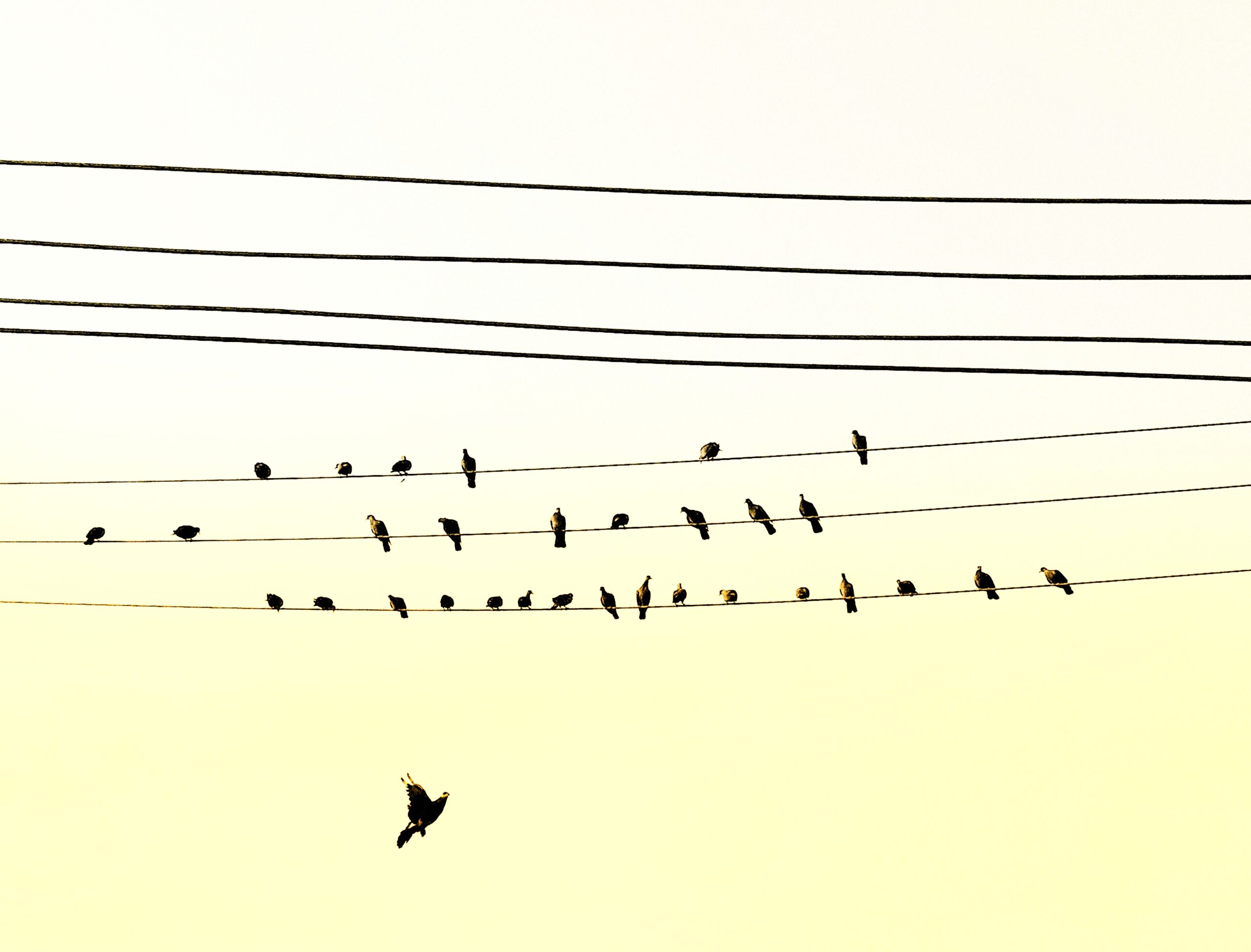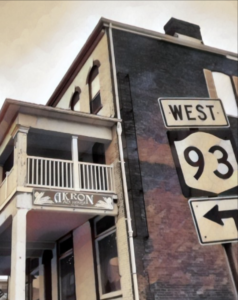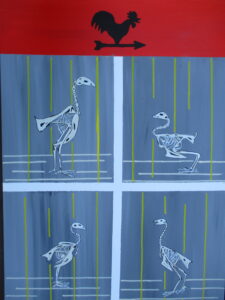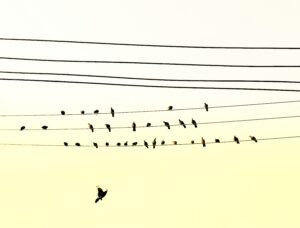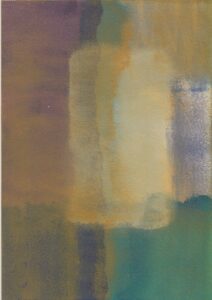Guada Mabuya
by Julio Cesar Villegas
even the savages can recite all of the gospels.
confining constitutions to coffins of concrete
and I can only claw at what was once promised,
excavating the burial grounds of a lost memory
that might have belonged to you. a crane’s wing
ensnared across the barbed wire. rainfall softens
to allow the displaced to set up their encampments
beneath the cemetery’s statues— a final reminder
that we can still drown in the baptismal font, still
find our names written across the fangs of verses
that we once recited together during the bonfires.
a scorched telegram of an abandoned geography
left unreceived at the desk of an emptied handgun:
do you understand why the statues started walking?
do you understand why the texts no longer matter?
count all of the bodies hanging from the flagpoles.
form your hypothesis on the meaning of freedom.
I sit here in the aftermath of what I knew was me.
of what I thought was me. a body: a collection
of corpses. the bread has yet to fall from the sky.
the strings of the marionette are soaked in ink.
the only time we write is once the body breaks,
folds, realigns itself into recognizable symbols
capable of being reprinted, read at the eulogies,
rehearsed, finally recited by the representatives
only after the world begins to suspect savagery:
the barbed wire is to shelter us from invasions,
the amalgamation of mangled wings a reminder
that the devil can deceive us with the beautiful.
we simply halted the spread of the wicked wind.
the poets and novelists willingly stopped writing.
the bread? due to fall from the sky any time now.
and here we still sit in the aftermath of ourselves
being lulled to sleep by the serenades of strings
snapping in succession, speaking soliloquies
to the statues above us. the silent stone saints
who bear the weight of yet another generation.
perhaps they too are searching for their bodies.
perhaps they too imagined of building homes.
but even the spirits among us have their curfews.
they stand beyond the rows of barbed wire, waiting
for us to remember the verses lost within the bonfire.
these unmarked headstones are the sprouting teeth
of a beast I was once promised was here to protect
us, the children of the displaced. the concrete coffins
remind me of a time where words constructed worlds
and the sunset was never feared. to return to that body.
to return to the original text of a long-forgotten gospel.
Itakua
ask yourself if there is light beyond this cave.
ask yourself if you believe in the sound of your own breath.
ask yourself if you believe that there are untouched sands.
ask yourself if asking is worth its weight in every ancient mineral.
ask yourself to find the sound of moth wings being trampled.
ask yourself to recite the sound of chromosomes converting to Christ.
ask yourself to walk the riverbeds lining the palms of your hands.
ask yourself to climb the desert mosque and transliterate the horizon.
ask yourself to a drunken dance with the words you will never speak.
ask yourself that if a lifetime in this cave is worth never knowing a fragment of light.
never knowing the taste of autumn air drenched in berries, sugar cane, & gunpowder.
never knowing the sound of a midnight’s window being opened while still dreaming.
never knowing the congregation of coarse inverted veins given the title of forests.
never knowing the undefined tears of the person waiting for you on the other side of this door.
never knowing the taste of cyanide, the grasp of a knife, the sound of a restless silence.
never knowing what exists for you beyond the cave that bears the handprints of those before you.
there are remnants of footsteps. there is a sun carved with a stone knife on the wall behind you.
ask yourself if we were meant to separate light into infinite classifications. which light is worth pursuing?
I ask you— for I never asked myself. I stood in the cave carving suns. I now stand behind doors.


